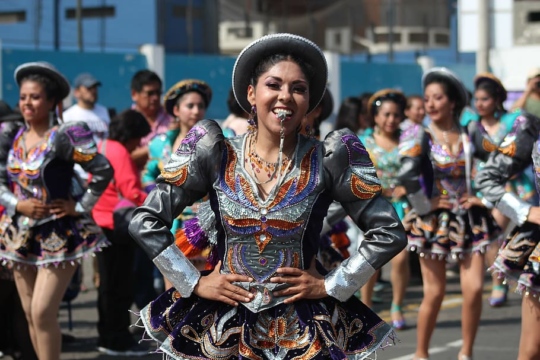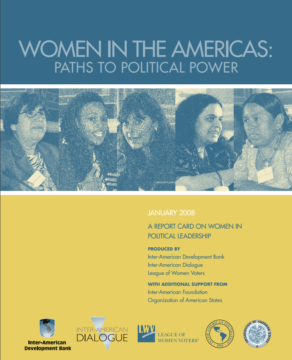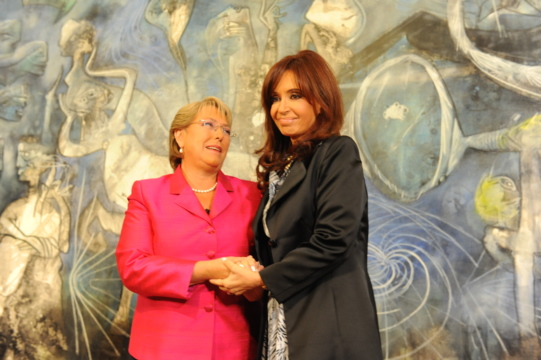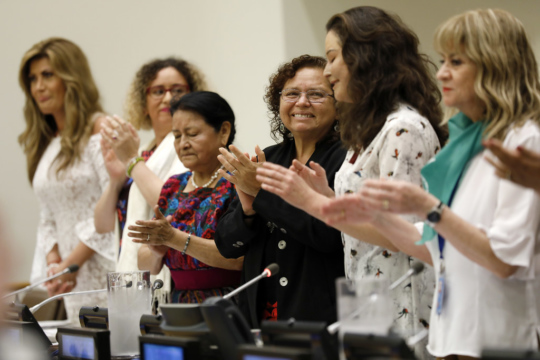Exiles are Keeping the Faith
Why do Haitians leave their homeland? How do their leaders interact with government and civic institutions in their new localities?
Why do Haitians leave their homeland? How do their leaders interact with government and civic institutions in their new localities?
Women in Latin America have come a long way but aren’t there yet. The legacy of Iberian colonialism, male-centered Catholicism and an undemocratic past all contributed to societies that subjugated women to men.
To get where we want to go, Cubans of all political leanings — no matter where we live — need many more mediators from within our ranks. That’s the way forward.
Iran is a pariah regime. Claiming only peaceful purposes for its nuclear program, Tehran is processing uranium in quantities that say otherwise. Is an Iran armed with nuclear weapons inevitable?
Even with loaded dice, Chávez may be running scared. What to do to preserve power? That’s all that has ever mattered.
If Spain fails to have the Common Position lifted or if it succeeds and Havana again turns down European economic cooperation, then Cuba wins once more.
Politics is swirling everywhere. Such are the ways of democracies, especially when oppositions come alive and defeat or threaten incumbents.
Nicaragua is on the precipice.
Women in Latin America and the Caribbean are making political strides. Though long impenetrable, glass ceilings over the halls of power have begun to crack.
Women are breaking the highest of glass ceilings in politics. On Oct. 28, Cristina Fernández de Kirchner became Argentina’s president-elect. Since March 2006, Michele Bachelet has been president of neighboring Chile.
In 1999, the United Nations proclaimed Nov. 25 ”International Day for the Elimination of Violence Against Women.” Latin America has been a world leader in promulgating conventions on women’s rights.
Over the past 15 years, Latin American women have made notable political strides. Four have been heads of state and 19 vice presidents.




